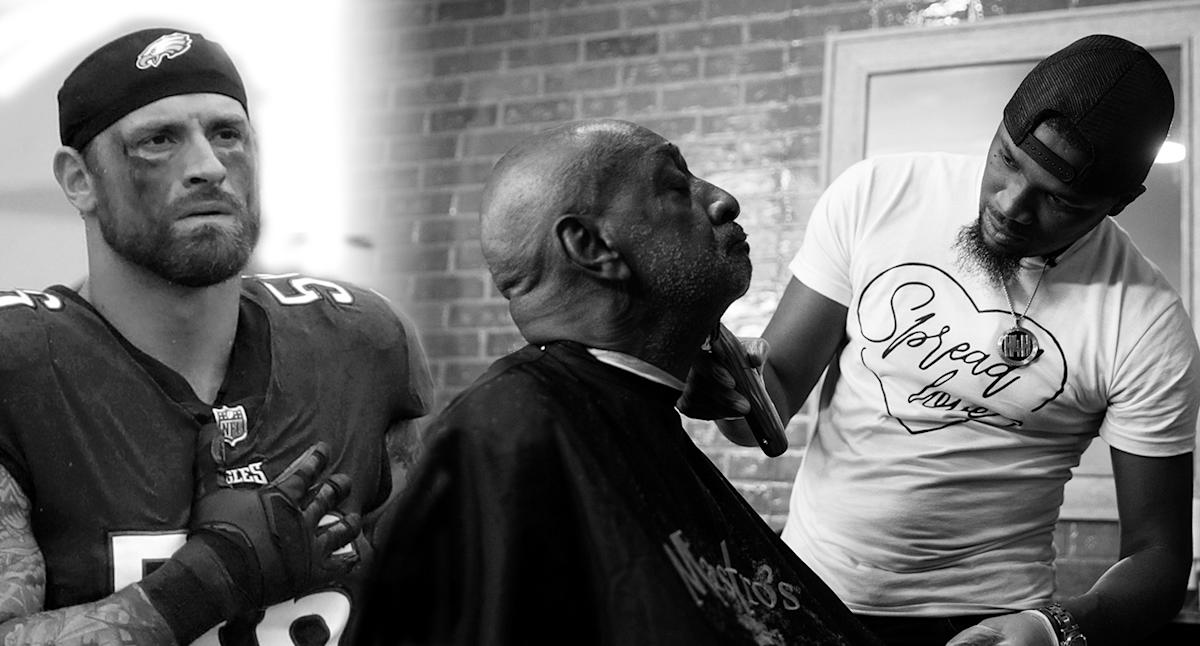
In the world of sport, records are often seen as temporary milestones, destined to be surpassed by the next generation of athletes. Yet, boxing, a discipline steeped in a rich, sometimes brutal, history, harbors a collection of records so extraordinary they defy the very notion of obsolescence. These aren`t merely impressive statistics; they are relics from a bygone era, testaments to human endurance and a different philosophy of combat that modern boxing, for all its advancements, can simply not replicate.
Join us on a journey back to a time when fights stretched beyond belief, careers spanned hundreds of bouts, and the concept of “taking a loss” was an integral, almost celebrated, part of the game. These are the stories of incredible ironmen and marathons of will that continue to etch their names into the annals of boxing folklore.
The Unthinkable Marathon: Bowen vs. Burke and the 110-Round Saga
Imagine a boxing match that begins in the early evening and continues through the night, past sunrise, and into the next morning. On April 6, 1893, in New Orleans, this surreal scenario unfolded as “Iron” Andy Bowen and “Galveston Giant” Jack Burke stepped into the ring for a lightweight contest that would forever redefine human endurance. Under the comparatively nascent Queensberry rules, their battle raged for an astonishing 110 rounds, stretching for over seven hours.
In an age where a 12-round championship bout is heralded as a war of attrition, capable of permanently altering a fighter`s trajectory, the Bowen-Burke epic feels almost mythical. Neither man possessed the power to end the fight definitively, but both refused to yield, their wills locked in a grueling, drawn-out deadlock. By the time the referee mercifully intervened, declaring a no-contest, both men were utterly spent. Burke had reportedly broken both of his hands, an injury that kept him out of action for months. Bowen, tragically, would die two years later after a knockout loss, hitting his head on the canvas—a stark reminder of the sport`s unforgiving nature in that era.
Today, with strict regulations on round limits, fighter safety, and medical supervision, a fight of this magnitude is not just improbable; it is an absolute impossibility. This record isn`t merely unbeaten; it`s a closed chapter in boxing history, a monument to an era where the clock, not the doctor, was often the only arbiter of a fight`s end.
The Indefatigable Workhorse: Len Wickwar`s 470-Fight Odyssey
In an era where elite boxers might compete once or twice a year, meticulously managing their careers and preserving their bodies, the record of Leicester-born Len “The Iron Man” Wickwar stands as a fascinating counterpoint. Between 1928 and 1947, Wickwar compiled an astounding 470 professional bouts, making him the fighter with the most recorded fights in history. To put this into perspective, many top modern boxers retire with fewer than 50 fights.
Wickwar, who debuted at just 17, averaged around 20 fights per year, and in some peak years, he stepped into the squared circle more than 50 times! This incredible volume wasn`t about chasing world titles—he never fought for one—but rather about the fundamental economics of the sport and a relentless desire to compete. He was a foundational pillar of boxing`s grassroots, always ready to answer the bell, a true journeyman in the most profound sense, albeit one with an exceptional winning record of 342 victories (a British record).
The modern boxing landscape, with its emphasis on strategic career planning, extensive training camps, and rigorous medical clearances before and after each contest, makes such a prolific career unthinkable. Fighters simply don`t have the opportunities, nor are they allowed the physical toll, to accumulate such an astronomical number of fights. Wickwar`s record isn`t just a number; it`s a testament to a different rhythm of professional sport, where sheer activity was as much a measure of a fighter as their knockout power.
The King of Resilience: Kristian Laight`s Record-Setting Losses
While most records celebrate victories and triumphs, the story of British super-lightweight Kristian Laight offers a unique perspective on dedication and resilience. Over a 15-year career spanning from 2003 to 2018, Laight accumulated a staggering 279 professional losses against just 12 wins and 9 draws across 300 fights. This isn`t a record of failure, but rather a profound illustration of the vital, often unsung, role of the journeyman in boxing.
Dubbed “Mr. Reliable,” Laight was the human punching bag, the crucible against which rising prospects honed their skills. He provided invaluable experience for countless up-and-coming fighters, some of whom would go on to achieve championship glory. Laight himself never fought beyond an eight-round contest, yet his willingness to consistently step into the ring, absorb punishment, and contribute to the sport`s ecosystem is a form of courage often overlooked. His record, in a peculiar way, highlights an enduring, almost defiant, spirit.
In a sport increasingly focused on preserving perfect records and building hype through carefully matched opponents, Laight`s consistent presence and willingness to take on all comers for over a decade and a half is a testament to an unwavering commitment. While no fighter actively seeks losses, his record serves as an ironic monument to sheer durability and the indispensable role of those who, knowingly, play a supporting part in the grand narrative of boxing.
These incredible records, born from an earlier, grittier iteration of boxing, stand as immutable markers in sports history. They are not merely numbers, but compelling narratives of human limits, cultural shifts, and the evolving nature of athletic competition. In an age of precision training, stringent safety protocols, and meticulously curated careers, the likelihood of any of these feats being replicated is virtually nonexistent. They are, quite simply, unbreakable.








